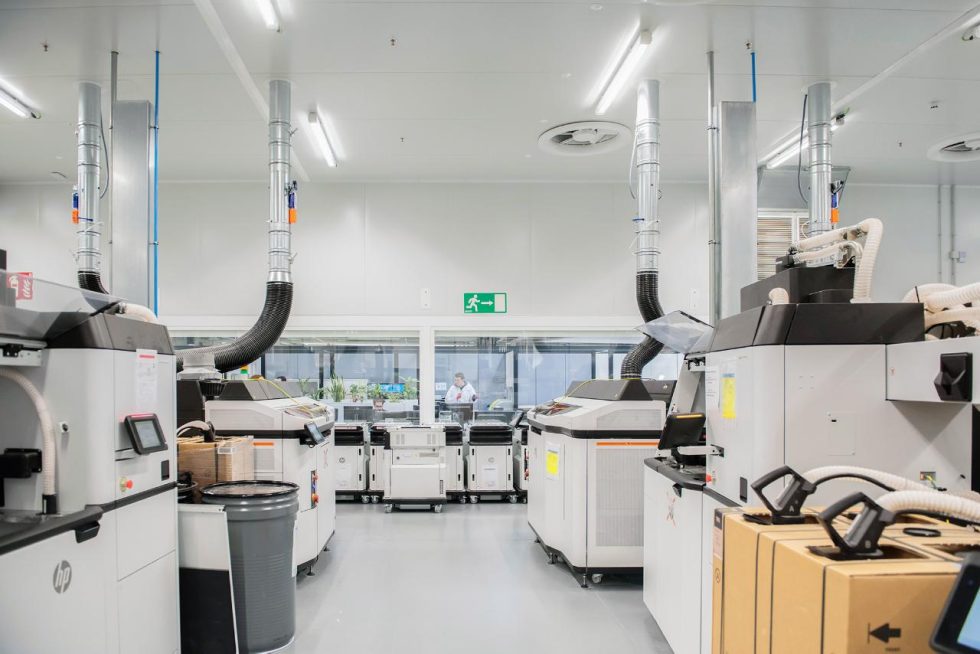3D printer waste can be recycled into truck parts, Ford finds

Ford has been using 3D printing for prototyping and other design and engineering work. But 3D printing does not lend itself well to mass-produced parts. [credit: Ford ]
Slowly but surely, car companies are beginning to make themselves more sustainable. We most often hear about this movement in the context of using clean energy to power the production lines and assembly plants that put together new electric vehicles, but it shows up in smaller examples, too. Take Ford, for example. Working with HP, Ford has come up with a use for plastic waste left over from 3D printing, which it's now using to make truck parts.
Like many automakers, Ford has been getting more comfortable with additive manufacturing. 3D printing lends itself well to producing low-volume parts that would otherwise be too expensive to make due to the cost of creating tooling. But in this case, some of those printed parts will actually end up in production vehicles-sort of.
Ford, working with HP (which supplies the Blue Oval with some of its printers), has started recycling 3D printed parts and powder and is using the plastic to make fuel clips for the F-250 truck. The waste plastic, along with similar waste from the dental company SmileDirectClub (which apparently has 60 3D printers making 40,000 aligners a day), gets sent to a company called Lavergne that turns it into plastic pellets that can then be used in injection molding machines. Those pellets are then used by one of Ford's suppliers, ARaymond, to make the fuel clips.
Read 3 remaining paragraphs | Comments